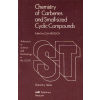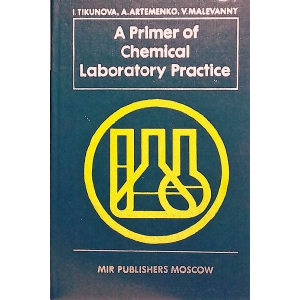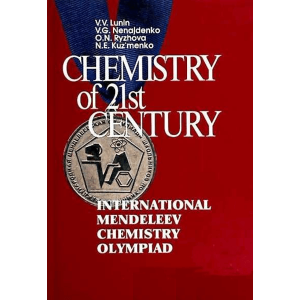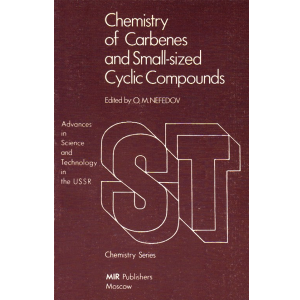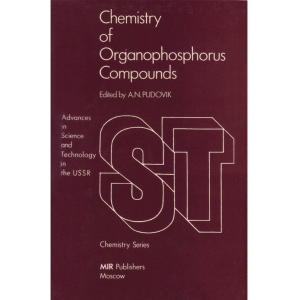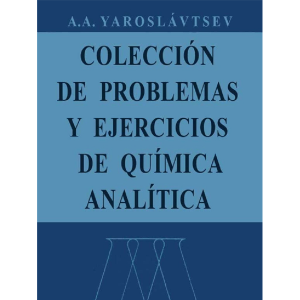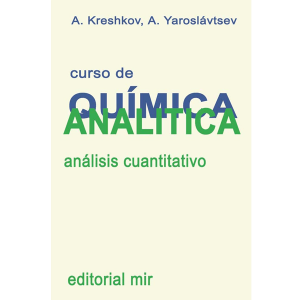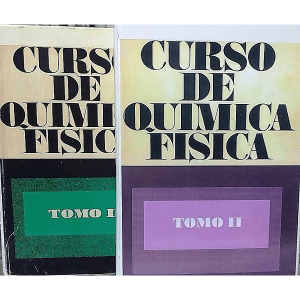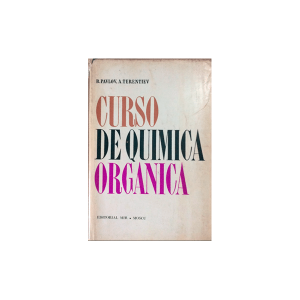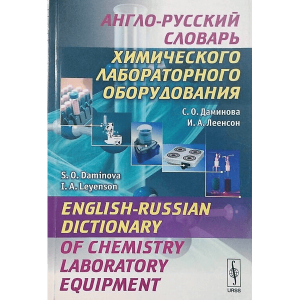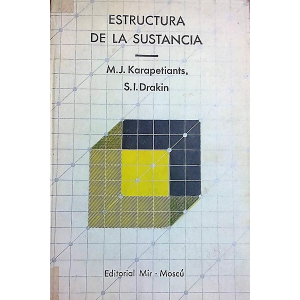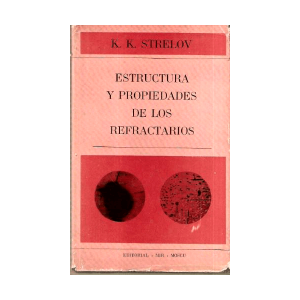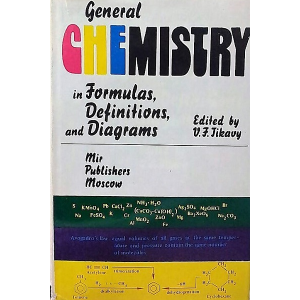Química
-
A primer of chemical laboratory practice
S/115.00Vocational training to-day draws heavily on the latest advances in science and technology. To be successful in his career, any young person who is planning to join a trade in industry must have a sound educational background, be advanced intellectually, and possess a sufficient know- ledge of the scientific, techological, and economical principles underlying his field of activity.
It is the objective of this handbook to help such a young man or woman to take his bearings in theoretical material on inorganic, organic and analytical chemistry, general chemical engineering, laboratory practice, and safety.
-
Chemistry of 21st century. International Mendeleev Chemistry Olympiad
S/180.00The book contains all the theoretical and experimental problems of the last six International Mendeleev Chemistry Olympiads 2001 – 2006. It is a result of a great work of a large group of scientists from different countries, whose biography data are also presented in the book. The reader has a possibility to completely comprehend the system of the Mendeleev Olympiad problems , to get information about the modern directions of the development of chemical science, as well as about the people who devoted their lives to chemistry and chemistry Olympiads.
The unique information presented in the book is useful to everyone interested in chemistry: high school and university students, school and university teachers.
-
Chemistry of carbenes and small–sized compounds
S/115.00This book, *Chemistry of Carbenes and Small-Sized Compounds*, by O. M. Nefedov, provides an in-depth exploration of the chemistry behind carbenes and small molecules. It covers fundamental principles, reactions, and applications of carbenes, offering detailed analysis of their structure, stability, and reactivity. The book also addresses the role of small-sized compounds in various chemical processes, making it an essential resource for students and researchers in organic chemistry and related fields.
-
Colección de problemas y ejercicios de química analítica
S/70.00256
La edición de la “Colección” que se ofrece en español se ha hecho con el objetivo de ayudar a los centros de Enseñanza Media de Química en los países de América Latina en la tarea de preparación de los cuadros propios para la industria y la economía nacional. “Colección de los Problemas y Ejercicios de Química Analítica” está hecha de acuerdo con el principio fundamental de la pedagogía: “de lo simple a lo complejo”. Datos de los problemas contienen ejemplos reales de cálculos que se encuentran en el trabajo de rutina de químicos analistas que trabajan en los laboratorios de industrias químicas metalúrgicas y otras ramas.
-
Curso de química analítica. Análisis cuantitativo
S/170.00336
Análisis Cuantitativo se denomina el método de investigación de la sustancia que permite determinar, en qué relaciones cuantitativas se encuentran sus componentes. De tal modo, si por los métodos de análisis cuantitativo ha sido establecido que una aleación está compuesta por el cobre y cinc, entonces los métodos de análisis cuantitativo permiten determinar, qué cantidades de cobre y cinc (en un tanto por ciento) contiene esta aleación. Toda investigación exacta. Tal medición la introdujo por primera vez en la práctica de los laboratorios Químicos el fundador del Análisis Cuantitativo el gran Científico Ruso M. V. Lomonósov. La medición principal consiste en la determinación de la masa de la sustancia por medio de un instrumento de laboratorio más preciso, la balanza analítica.
-
English-Russian Dictionary of Chemistry Laboratory Equipment
S/80.00The proposed English-Russian dictionary of chemical laboratory equipment includes the names of instruments and devices, laboratory glassware and porcelain, which are used in any chemical laboratory. The dictionary contains names of both modern and traditional equipment, descriptions of which are found in chemical literature of past years, as well as a number of equipment names necessary for microchemical and biochemical work. In addition, the dictionary includes terms that enable chemists to read scientific literature, participate in conferences, and write scientific articles on chemistry. Transcription is provided for most basic terms.
The dictionary is intended for students, graduate students, scientific researchers, and all researchers who read scientific literature containing names of laboratory chemical equipment, as well as those engaged in experimental work in their activities.

